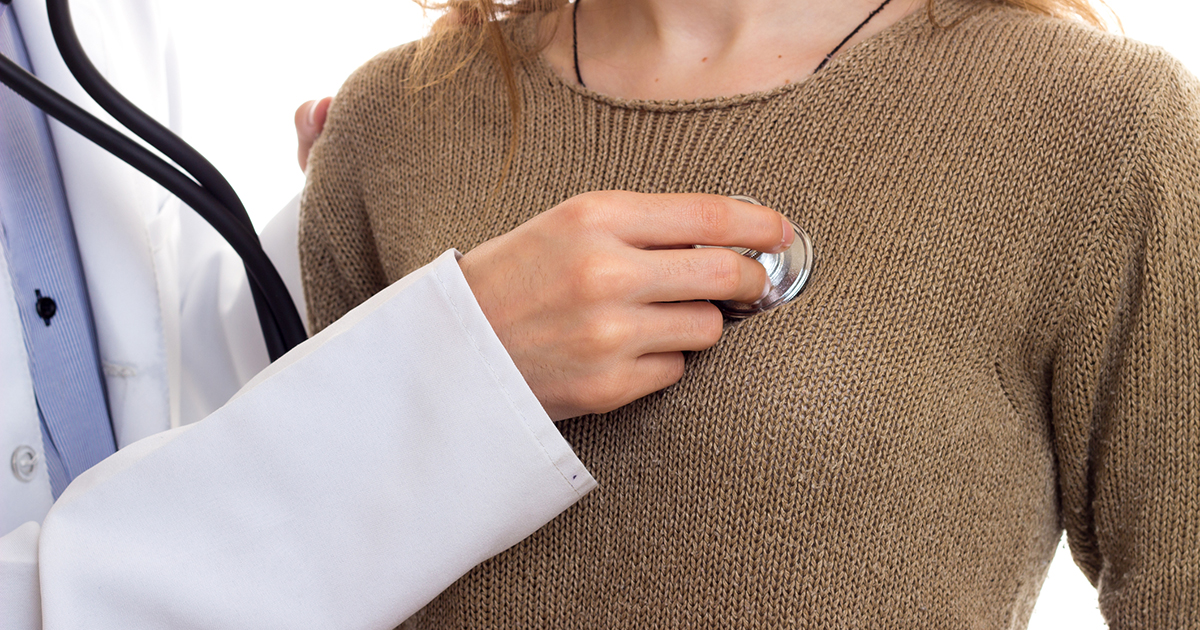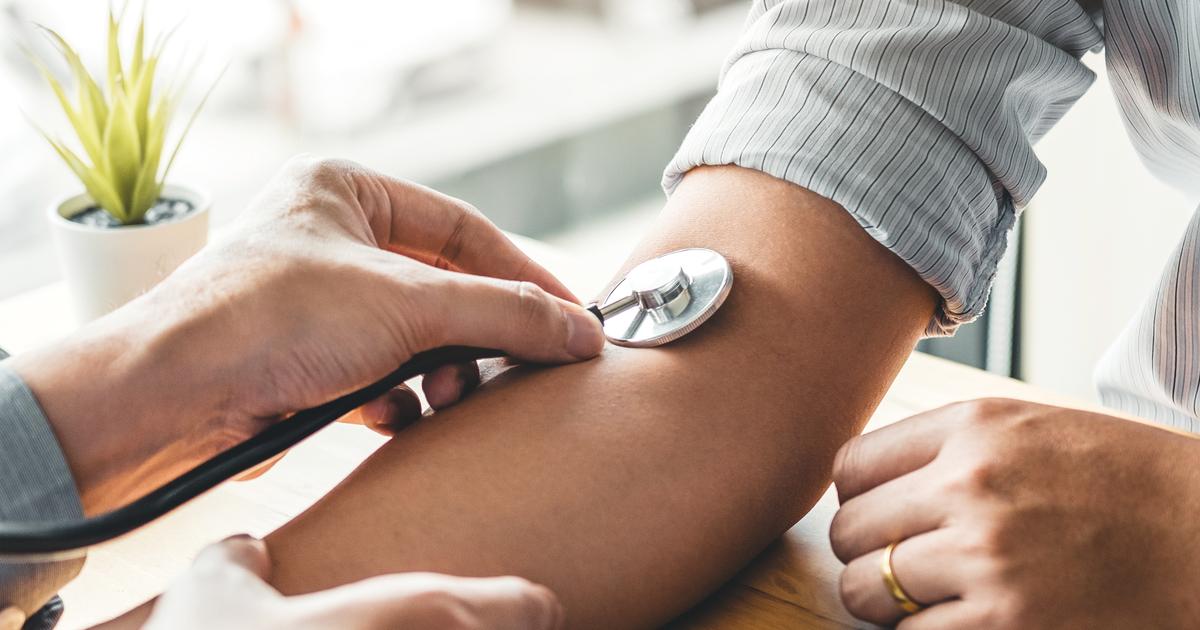Serious Side Effects Linked To Fat Burning Supplements
High Blood Pressure
Numerous compounds and herbal extracts in fat-burning supplements have been linked to the development of hypertension (high blood pressure). For example, doctors have currently identified phenylpropanolamine, fenfluramine, caffeine, and ephedrine as some of the major ingredients that increase blood pressure. In addition, an ingredient known as bitter orange is known to interact with the caffeine and synephrine in some fat-burning supplements, and the interaction constricts blood vessels and leads to fluctuations in blood pressure. Patients who have hypertension should not take any fat-burning supplements, and individuals who use supplements may want to monitor their blood pressure regularly at home. Currently, major health organizations define high blood pressure as a systolic measurement of 130 or higher or a diastolic measurement of 80 or higher. While high blood pressure does not usually produce any symptoms, individuals who are experiencing extremely elevated blood pressure could notice headaches, dizziness, an irregular or rapid heartbeat, and shortness of breath. Patients who experience these should go to an urgent care center or the emergency room.
Discover additional side effects of fat-burning supplements now.
Increased Heart Rate

Stimulants, herbs, and undeclared ingredients could trigger an increased heart rate in patients who use fat-burning supplements. For adults, a normal resting heart rate ranges from sixty to one hundred beats per minute. Patients can check their heart rate by manually measuring their pulse at the wrist or neck, and many fitness trackers automatically calculate this. Patients who have an increased heart rate above one hundred could notice heart palpitations, dizziness, shortness of breath, chest pain, vision changes, and fatigue. Increases in heart rate could be the beginning of major heart problems associated with fat-burning supplements. Several case reports have detailed incidences of previously healthy patients in their twenties who suddenly experienced heart attacks after taking the supplements for a short period. Some fat-burning supplements contain acetylsalicylic acid. Combining this with caffeine or natural, non-prescription blood thinners (both of which could be in some supplements) is known to trigger a heart attack. Individuals who have used any fat-burning supplements in the past should consider having a cardiac exam to check for any heart damage. The doctor will check the patient's pulse, blood pressure, and heart rhythm, and tests such as an electrocardiogram or echocardiogram may be used to obtain more detailed information. Patients currently using supplements should discontinue use and seek medical advice if they notice their heart rate is increased.
Keep reading to learn more about the side effects associated with fat-burning supplements now.
